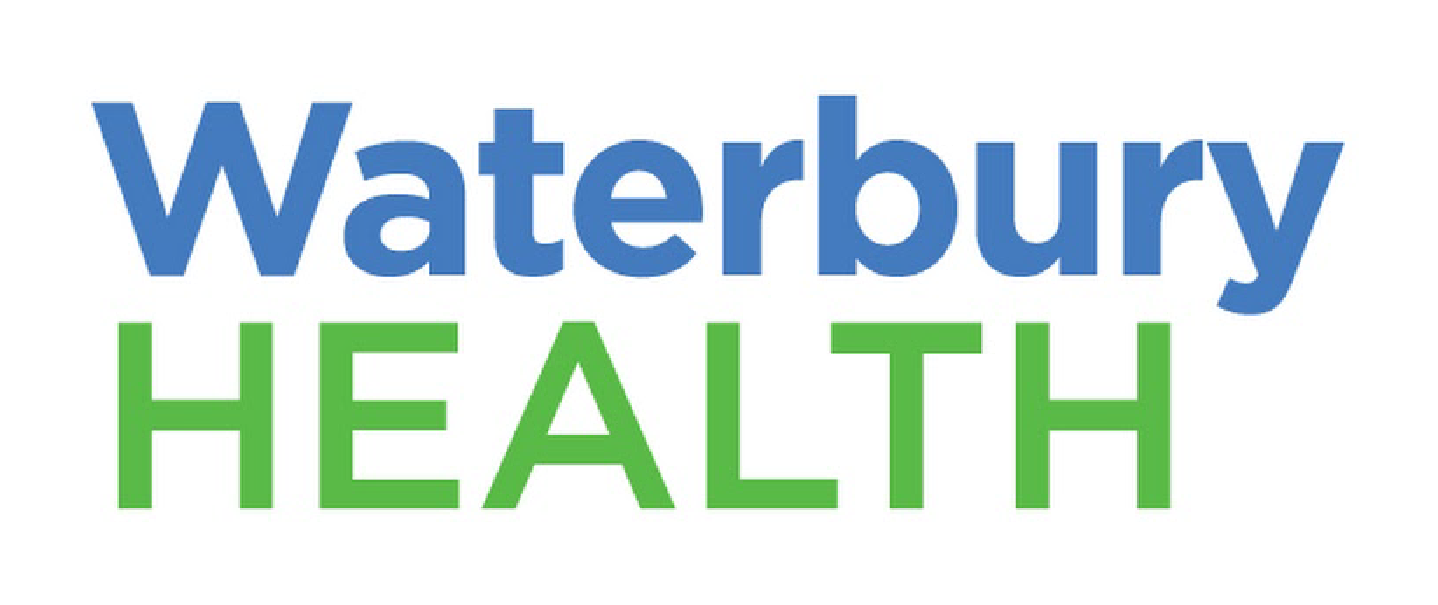March is Colorectal Cancer Awareness Month: What You Need to Know
March is a time when we raise awareness about the risk factors, prevention and screening for colorectal cancer.
It is important to know all you can about the prevention of colorectal cancer since it is the second leading cause of death in the United States, with 55,000 deaths annually, and the third most common cancer in men and women. For all of us, there is a six percent lifetime risk of being diagnosed with colon cancer.
Should you be concerned? Who is most at risk? What are the risk factors?
First, men have a higher rate of colorectal cancer than women, and black men and women have the highest incidence of this type of cancer. However, the number one risk factor for all genders and ethnic groups is age. The average age of someone diagnosed with colorectal cancer is 64, with 90 percent of those diagnosed being over the age of 50. It is rare for individuals under the age of 40 to be diagnosed with colorectal cancer.
Your genetics and personal/family history also play a role in your risk for colorectal cancer. Having a parent, sibling or children with colorectal cancer increases your risk as does having irritable bowel syndrome (IBS), ulcerative colitis or Crohn’s disease.
And, as with most other cancers and health issues, the following “preventable” factors also increase your risk for colorectal cancer:
- Type II Diabetes
- Obesity
- Alcohol
- Smoking
- Lack of Exercise
- Diet, specifically the “western” diet that is high in red meat and fat and low in fiber
Increasing physical activity, eating a healthier diet, limiting alcohol consumption, and avoiding tobacco are all ways that you can reduce your overall risk for colorectal cancer. However, the most effective way to reduce your risk of colorectal cancer is to get screened for colorectal cancer routinely.
When should you be screened for colorectal cancer?
When and how often you are screened for colorectal cancer is dependent on whether you are at “average” risk or “increased” risk for colorectal cancer.
Due to rising rates of colorectal cancer in young people in the last decade, in May 2018, the American Cancer Society (ACS) released an updated guideline for colorectal cancer screening. The new recommendations say screening should begin at age 45 for people at average risk. However, other societies still recommend age 50 for average risk population. That is because 25% of people have polyps by age 50 and almost all colorectal cancers begin as precancerous polyps (abnormal growths) in
the colon or rectum. These polyps can be present in the colon for years before cancer develops and may not cause any symptoms, particularly in the early stages. Colorectal cancer screening can identify precancerous polyps so they can be removed before they turn into cancer. This is why screening is such an important part of prevention. Screening can also find colorectal cancer early, when there is a greater chance for more effective treatment.
What are the types of screening?
There are many options for colorectal cancer screening and identifying which one is most appropriate for you is based on your risk factors in consultation with your doctor.
When we think of colorectal cancer screening, we often think immediately of a colonoscopy, but other options are now available for those who are at average risk. You may have seen one of the new stool-based tests, which can be done at home and mailed to a laboratory. These are also visual/structural exams as well as more invasive tests, such as colonoscopy. If you choose to be screened with a test other than a colonoscopy, any abnormal results should be followed up with a colonoscopy.
For those who may be at increased or high risk, you may need to start cancer screening at an earlier age, be screened more often or get specific tests.
Make sure you talk with your doctor about prevention of and risk factors for colorectal cancer and discuss what screening options are right for you. Remember, early detection can save your life.
By: Dr. John (Zhongqiu) Zhang MD, Ph.D. FACS. FASCRS, Alliance Medical Group/Waterbury HEALTH





